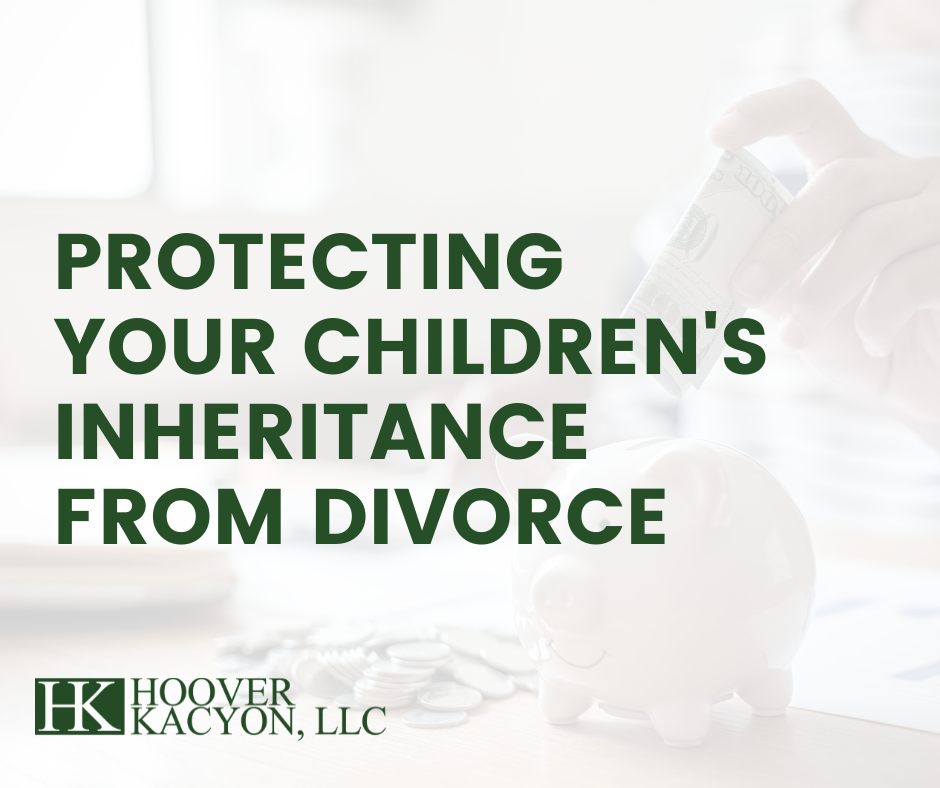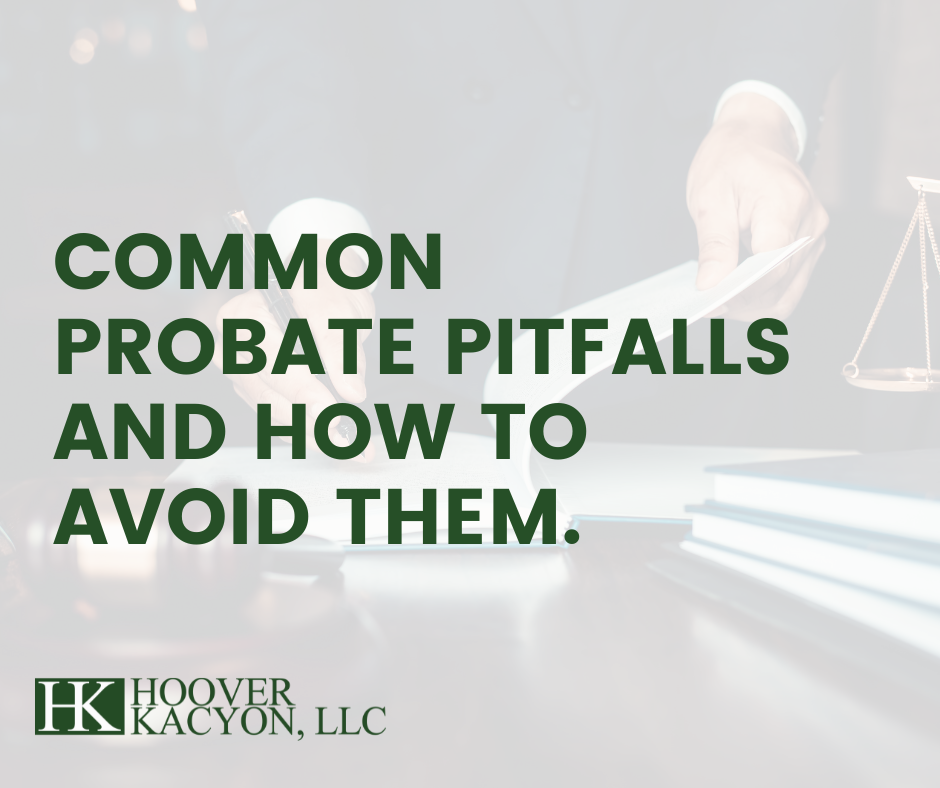When hiring a lawyer, deciding which field of law you need the legal professional’s knowledge to cover is a good idea. Whether you need a family lawyer, someone versed in estate planning, a probate attorney, or another area of expertise, that’s a great place to start. Once you’ve narrowed down the type of lawyer, you should ask potential matches questions to ensure they fit your needs well.
Think of the first meeting like an interview, and although you have a lot on your mind, try to remember to inquire about these points:
Law Practice Length
While a long career does not automatically equate to courtroom success, it acts as a great icebreaker. It does give you an idea of the knowledge they’ve acquired on the job, and you can ask deeper questions like what school they attended, where they practiced, and so forth.
Primary Area and Cases
It’s unlikely that they focus solely on one area of the law. However, they may have more experience in one area than another. You can ask them how much they’ve spent in each area, including the exact percentage devoted to the field specifically related to your case.
Typical Client
You don’t want to waste your or the attorney’s time by meeting with someone whose client base does not include the help you seek. Some represent specific types of clients, such as only landlords or solely tenants. Some lawyers only represent high-net-worth individuals. Asking can speed up the process of finding the right attorney for you.
Similar Cases and Results
Client-attorney privilege prevents any details from being provided, but you can get a good idea of their track record. How many similar cases have they handled, and were they settled out of court, or did they go to trial? You can also ask about their caseload to determine if they may be overloaded or even seem to have a deficit.
Other Legal Knowledge
Depending on your needs, having someone with other skills may suit your case. You may need assistance with intellectual properties where someone with a law degree and a background in computer science would be beneficial. Find out what each background is with potential lawyers so you can make the best decision.
Fee Policies
Money can make a difference. It’s okay to ask about their legal fee structure. What is their retainer and hourly rate? You can ask if it would be a contingency fee case and if there are payment options like a flat fee or a payment plan. If it’s a larger firm, legal assistants may be doing much of the workload, which would be at a reduced rate. Also, find out if they bill for phone calls and emails.
Legal Methods and Style
Different approaches are appropriate for different situations. If you find that your lawyer is laid-back when you need someone to take the bull by the horns, that will leave you disappointed. However, if you need someone who will roll with the punches and help maintain composure, that laid-back style may fit the bill.
Any Recommendations
Check to see if they know any non-litigation ways to resolve your case. Keeping yourself out of the court would be ideal. There could be a mediation, arbitration, or even a letter that could handle your issue.
Communication Tactics
Hiring someone who will keep you up to date with everything in your case is essential. Even if you have a case that takes a long time without much movement, you should be kept in the loop regularly. Knowing how often you can expect to hear from your attorney is essential.
Possible Outcomes
Be direct and ask what could happen with your case. The attorney should answer honestly with good and bad potential results. What possible punishments or penalties could you face, as well as best-case scenarios? They should present you with the minimum and maximum situations along with their opinion of what will happen once they review the case details.
Trust Hoover Kacyon, LLC, to be your trusted partner in legal matters, delivering results through our unwavering dedication, vast experience, and proven track record in litigation and appeals.
The Akron, Fairlawn, and Cuyahoga Falls Hoover Kaycon, LLC Attorneys at Law are here to assist you with your cases. If you need assistance, know that we deliver the highest quality legal representation from a team of professionals while also providing excellent customer service. Call us at
330-922-4491 or
contact us online
to make an appointment.
Recent Posts









YOU MIGHT ALSO LIKE









